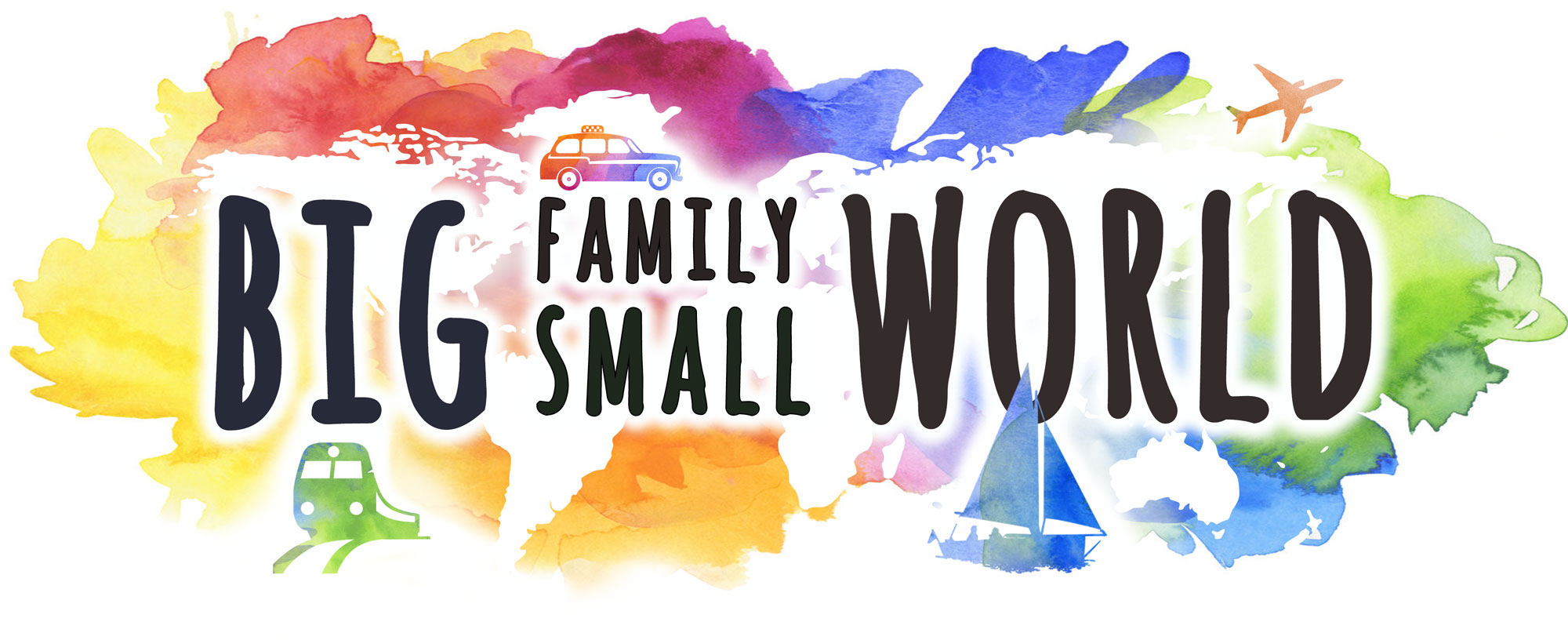How do you plan for full time family travel? Well, here’s how we did it.
Motivation
Because full time travel is not always easy, you have to be pretty committed to the idea. You need a balance of giddy inspiration and cold, hard realism.
Travel is intoxicating. Everything is new and exciting. It challenges assumptions and broadens the mind. It humbles us and fills us with awe. (Go HERE to see some of our inspiration) It’s awesome, but it’s probably not enough to be excited about travel. You also have to be excited about leaving a life that is familiar and comfortable. That is the trade-off. Even the most fascinating geography, churches and castles get old after a while and pretty soon full time travel is more about living life in a different place and less about the adventure. It’s still awesome, just realize the infatuation phase will fade.
Money
There are all kinds of ways that families fund full time travel, but let’s get one thing out of the way: Full time travel is probably not as expensive as you think.
The average cost of an all-inclusive resort for a family of four in Mexico is about $4000CDN per week, not including flights. Extrapolate this to a year of travel and you’re looking at over $200k – whoa!! That would not be feasible for the vast majority of us.
Full time travel is different. Staying in Airbnb’s rather than hotels; having the flexibility to snag super cheap flights when they become available; making most of our own meals; spending more time in cheaper countries . . . depending on where you travel and how you do it, we know of many families of four who are traveling sustainably on a budget of less than $100/day.
Still, you have to fund the trip somehow. Many families continue to work remotely as they travel. Some try to fund their adventures by blogging/vlogging. Our approach has three parts:
- We have savings which were earmarked for retirement but we think this adventure is more important.
- Those savings are invested in a conservative portfolio of dividend-paying stocks, i.e. they generate income for us.
- We sold our house, our cars and most of our stuff (we didn’t need it all anyway)
Education
As parents we’re all obsessed with our offspring growing up to be hyper-intelligent, kind, well-adjusted human beings who will save the world. How can they do that if they’re not in school??
Interestingly, the people who were the most enthusiastic and supportive about us taking our four boys out of school to travel were teachers! They know the institutionalized model of schooling is archaic and no longer fulfills the needs of students or society. At the same time they reassured us that kids will learn no matter what we do – it’s a question of what they are exposed to. World travel exposes them to the best possible subject matter: life with all it’s myriad challenges and colourful varieties.
There are many valid approaches to educating young minds. Even the traditional school system suits some kids just fine. Traveling families might “homeschool” using a structured class format, textbooks, assignments, tests, etc. – basically recreating the classroom environment. The other extreme is “unschooling” where the kids basically call all the shots, learning whenever and whatever they want.
Being more middle-of-the-road kind of folks, we like the term “worldschool” to describe what we’re doing. No textbooks, no curriculum (they are not mandated by our educational system in Ontario, Canada). For the most part the kids are encouraged to investigate and work on whatever they are excited about at the time. It changes all the time, but at this moment Owen is learning computer game design, Jake is learning a little piano because there is one in this Airbnb, Ben just wrote an amazing blog post about our first three months of travel, and Eli is translating English words into the Bulgarian Cyrillic alphabet. That gives you taste.
But we also have the chance to pursue learning opportunities as a family based on our location. History is an obvious one. Ecology. Politics. Languages . . . the list goes on. And it goes without saying that learning about the WW II concentration camps when you’re in Poland or communism when you’re in Bulgaria is far more interesting and impactful than reading about it in a textbook.
Destinations
I can’t count the number of times we were asked if we had planned out our first year of travel. We’re so used to planning our vacations down to the last detail, you might assume full time travel would be the same. Ummm . . . not so much.
Not only is it impractical, we would argue its also less fun. How can you know how fast or slow you’re going to want to go? What if you love a place and want to stay longer or hate a place and want to leave? Will you say “No, thanks” to a spontaneous opportunity just because it doesn’t fit with your plans?
I’ve written about how the definition of adventure is stepping into the unknown and letting serendipity work her magic. Having a general direction and a list of things that get you excited is great, but we’re quite happy planning a month or two at a time.
OK, so you’ve figured out a plan to get away . . . So, what is it like to be out here actually doing it?

